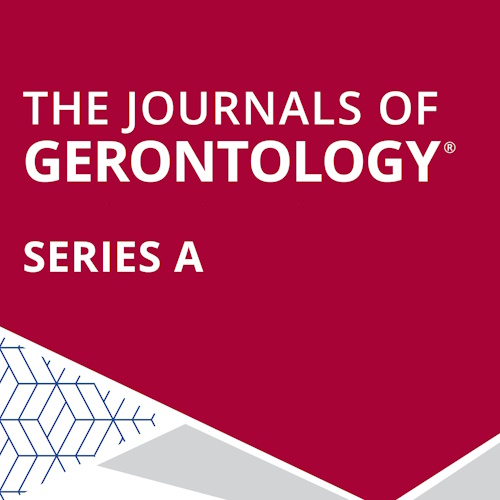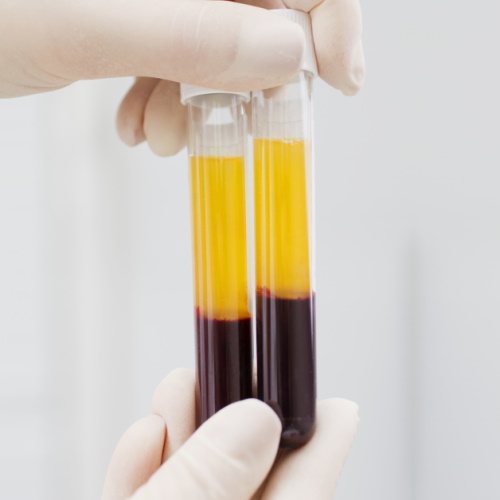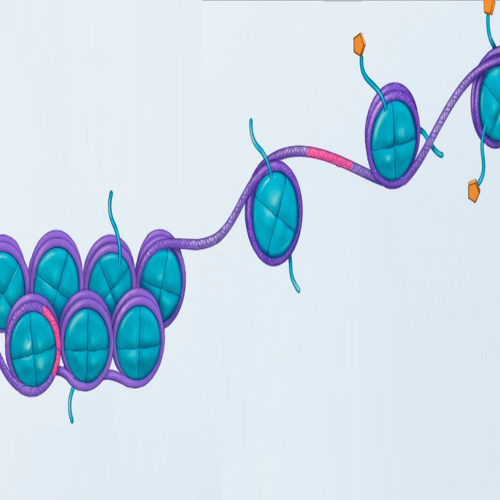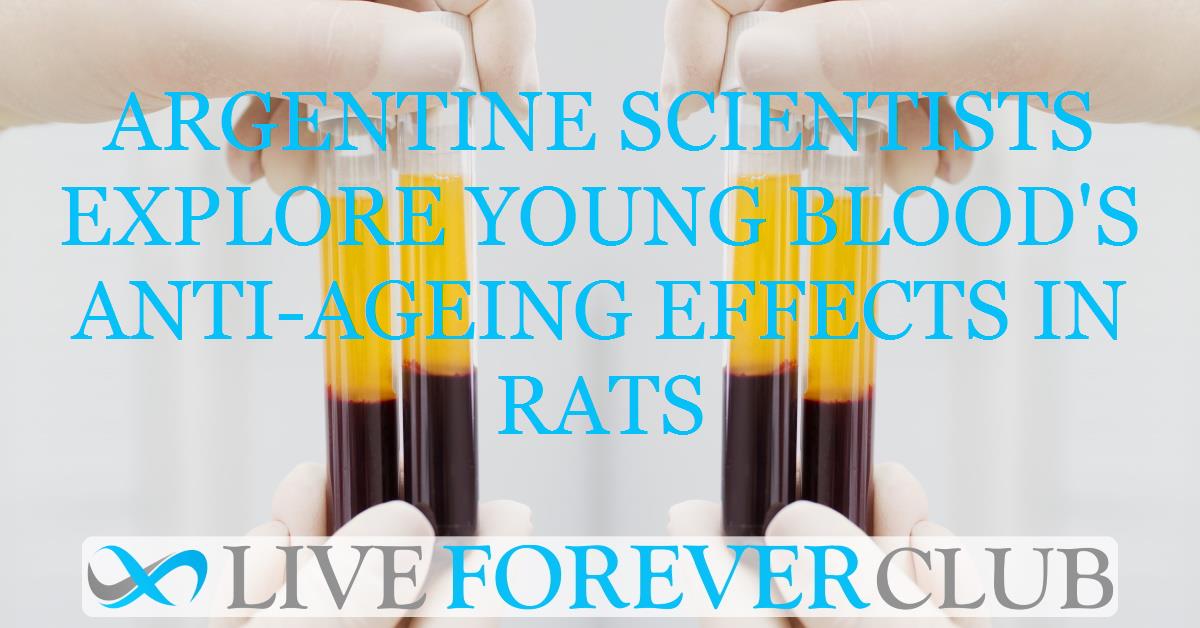Imagine a world where the ageing process could be slowed down or even reversed, not by complex surgeries or unattainable treatments, but through the essence of youth itself—blood. This is the core of the research conducted by a team at the Institute for Biochemical Research (INIBIOLP), National University of La Plata, Argentina.
The Experiment: Old Rats Turned Young Again
The study aimed at understanding how treatments could reverse signs of ageing at a molecular level. The researchers used the following methodology:
Selection and Treatment of Animals
Animal Selection: The experiment involved female Sprague Dawley rats of various ages. For the purpose of recording blood DNA methylation (DNAm) age in younger control (untreated) animals, 13 young (3.7 months), 9 late adults (8 months), and 6 middle-aged (15.7 months) females were used. All rats subjected to young plasma treatment were 25.6 months old at the start, equivalent to late adulthood in human terms.
Housing Conditions: Rats were kept in a temperature-controlled environment with a consistent light/dark cycle, and food and water were freely available.
Young Plasma Preparation and Administration
Plasma Collection: Young plasma was collected from two-month-old rats of both sexes. They were injected with sodium heparin before decapitation, and their blood was collected, centrifuged, and the plasma stored at -80°C.
Treatment Protocol: Rats in the treatment group received intraperitoneal injections of 1 ml of young plasma every other week, starting from the age of 25.6 months until their natural death. The control group did not receive any treatment.
Blood Withdrawal, DNA Purification, and Methylation Analysis
Blood Sample Collection: Blood samples were taken from the tail veins of the rats every other week to determine their epigenetic age throughout the experiment.
DNA Purification: DNA was purified from 187 blood samples using a specific kit, with only samples having a specific ratio of absorbance used for further analysis.
Methylation Analysis: The purified DNA underwent bisulfite conversion and was analysed using the Horvath Mammal Methyl Chip 320, focusing on 105,615 CpG dinucleotides that map to the rat genome.
Lifespan Extension and Health Improvement
The treatment with young rat plasma extended the maximum lifespan of the older rats from an expected 23 months (for the saline-injected control group) to between 30 and 34 months. This notable increase suggests that factors within the young plasma have a substantial impact on ageing.
Physical Appearance: Treated rats not only lived longer but also exhibited improvements in their physical condition, such as healthier, smoother, and glossier fur, which are external indicators of their improved overall health.
Epigenetic Age Reversal
A key finding of the study was the change in DNA methylation patterns, a process closely linked with ageing. Only 1.6% of the rat genome's CpG sites were altered after treatment, yet these changes had profound effects on the animals' epigenetic age and health. The treatment-induced differential DNA methylation primarily affected genes related to insulin-like growth factors (IGFs) and cytokines, both of which are crucial for regulating growth, immune response, and overall bodily homeostasis.
IGF-1/IIS System Influence: The study highlighted the importance of the insulin-like growth factor 1 (IGF-1) and insulin/IGF signaling (IIS) systems in the observed rejuvenating effects. These systems are well-known for their roles in controlling longevity and healthspan, with mutations leading to decreased signaling associated with extended lifespan in various organisms.
Systemic Regulatory Changes
Beyond IGFs, the young plasma treatment altered the expression of genes related to cytokines and chemokines. These changes suggest a systemic regulatory adjustment, contributing to the treated rats' improved health and potentially their extended lifespan. The modifications in gene expression patterns align with known pathways that affect inflammation, immune function, and cellular communication within the body.
Concluding Insights
The research concludes that young plasma therapy could serve as a minimally invasive intervention for epigenetic rejuvenation and health enhancement in old age. This study opens new avenues for understanding how blood factors from younger organisms can reverse signs of ageing, offering hope for developing treatments that could mitigate age-related decline and enhance lifespan. The treatment's effects on DNA methylation patterns, particularly in genes related to critical regulatory systems like IGFs, cytokines, and chemokines, underscore the complex interplay between genetics, epigenetics, and ageing. By leveraging these insights, future research may unlock more targeted strategies for promoting longevity and combating age-associated diseases.
Acknowledgements and Credits
The research was a collaborative effort, with significant contributions from the team at INIBIOLP, National University of La Plata, Argentina, and supported by the Healthy Life Extension Society (HEALES). Steve Horvath, a prominent figure in the field of epigenetics, was also involved in the research.
Published in the Journals of Gerontology by Oxford University Press, this study stands as a testament to the potential of scientific exploration to uncover the mysteries of ageing and perhaps, one day, turn back the clock for us all








